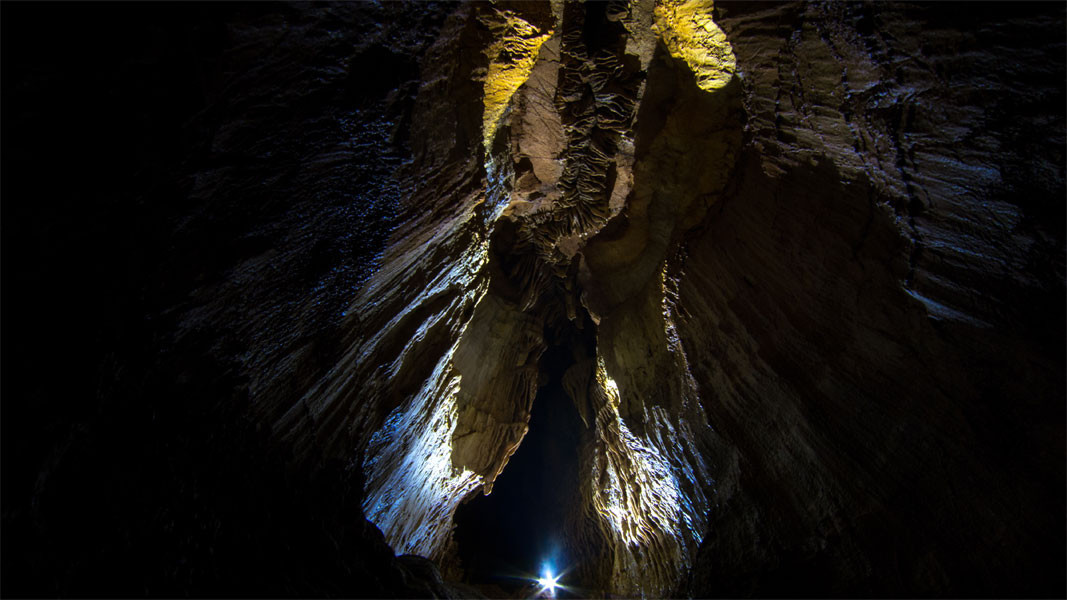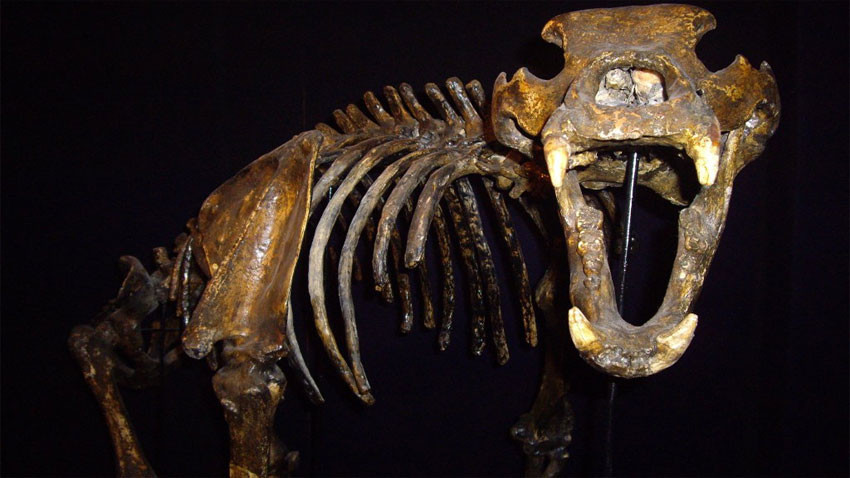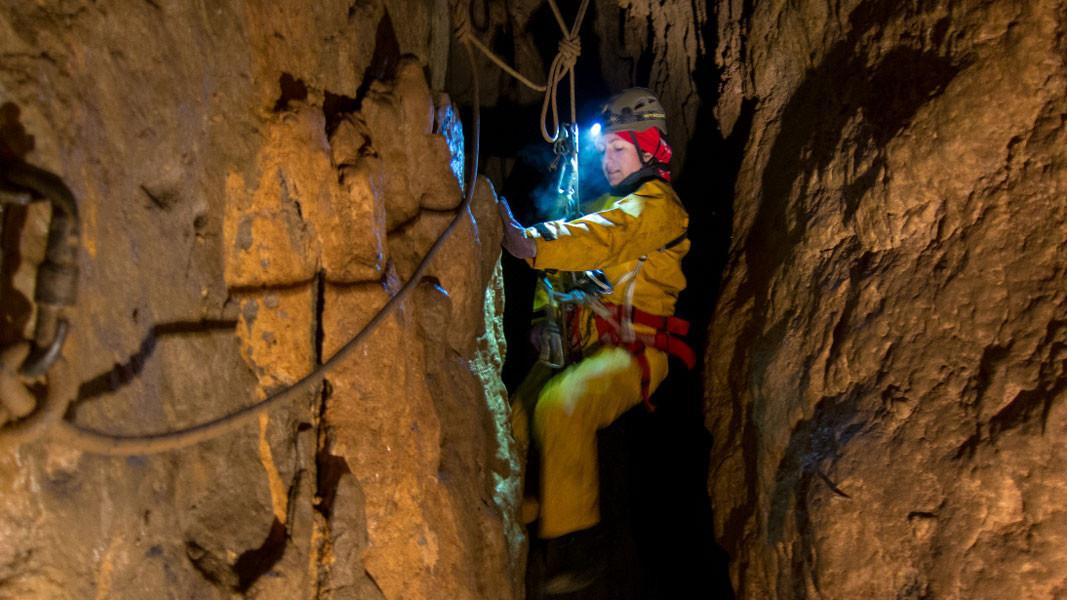The first studies of Bulgarian caves were carried out nearly 100 years ago. Academician Ivan Buresh made the first study of cave fauna back in 1922 when he served as Director of the Royal Museum. The first Bulgarian speleology society was founded on March 18, 1929 which consisted of 31 members. Since then speleology has developed in all aspects – archaeological and geodesic research were made and most Bulgarian caves were mapped.

In 1956 Bulgaria became a cofounder of the International Union of Speleology – the world’s biggest speleology organization. 50 countries from six continents are members of the International Union of Speleology. In 1973 the first cave rescue courses were held in Bulgaria and an emergency rescue team was formed. Dr Petar Beron is among the longtime leaders of the Bulgarian Federation of Speleology who studied cave fauna in Bulgaria and abroad. Bulgarian speleologists found 866 new animal species in 813 caves. In 1980 the Museum of Speleology and Bulgarian Karst was unveiled in the Rhodope town of Chepelare. It is the first museum of its kind in Southeast Europe.

In 1980 a European Scientific Conference was held in Bulgaria, which was recognition of the large scientific achievements of the Bulgarian speleologists. A total of 250 researchers from 17 countries attended the conference. The European Scientific Conference bridged speleologists from both sides of the so-called Iron Curtain who did not have any other opportunities for direct communication and contacts at that time.
Several days ago the Bulgarian Federation of Speleology awarded at a festive meeting the most active followers of caving in Bulgaria and reminded about the contribution of the Bulgarian scientists to speleology. The 90th anniversary of the first Bulgarian speleology society was also marked at this event. Representatives of speleological societies from Greece, Turkey, Slovenia and Croatia also attended the event. The speleological movement in Bulgaria develops more rapidly as compared to speleological movements in the other Balkan countries. Bulgaria has a key role in the field of cave rescue.In some fields Bulgaria’s speleology is regional and global leader, Associate professor Yavor Shopov, Chairman of the Bulgarian Federation of Speleology said and specified:
Bulgaria has strong traditions in speleology, Associate professor Yavor Shopov says. Speleology is also a sport and a technical discipline, because access to some Bulgarian caves is extremely difficult. For instance reaching the deepest cave in Bulgaria (540 meters deep) is equal to climbing an eight-thousander in the Himalayas. The Kolkina Dupka cave has been subject to many researches recently. The penetration into this cave takes 9 days. Speleologists make three camps inside the cave and sleep under the ground, which is a very dangerous challenge.
The Bulgarian speleology is more developed than ever, representatives of the local federation contend. The number of young people who work for the popularization of Bulgarian caves has increased. The young speleologist Pavlin Dimitrov received the biggest award of the Bulgarian Federation of Speleology for his efforts to study the deepest cave in this country – Kolkina Dupka.

I am one of the people who manage the activities of Pod Raba (under the edge) caving club and motivate the colleagues to make more studies of this cave, Pavlin Dimitrov told Radio Bulgaria and added:
People are driven by their research spirit when they make cave studies. All serious achievements in speleology are due to such people. Kolkina Dupka cave let us to its bowels after many years of hard work. However, we are yet to discover dozens of kilometers of new caverns, cave halls, plummets and other types of speleothems when we hole Kolkina Dupka cave for the first time.
English version: Kostadin Atanasov
Photos: BGNES, chepelare.org and private libraryOn the occasion of the upcoming National Holiday - March 3 and 147 years since the Liberation of Bulgaria from Ottoman rule, the Regional Library in the city of Yambol is conducting the campaign "Let's Read for Bulgaria". The goal is..
The Aviation Training Center at Sofia Airport has received accreditation from the Airports Council International (ACI) and joins the elite group of 21 training hubs, including those at leading European airports such as Munich,..
The Museum of the Bulgarian National Revival in Varna presents a collection of 15 authentic folk costumes from the collection of the Historical Museum in the town of Popovo. The valuable costumes are from the regions of Elhovo,..
The first Dalmatian Pelican of this season hatched a few days ago in the protected area Kalimok - Brushlen near the Danube town of Tutrakan, reports the..
More than 4,000 participants from 52 masquerade groups from all over the country will take part in the Jamala National Masquerade Festival in Kyustendil on..
On February 16, Radio Bulgaria celebrates its 89th anniversary . Throughout these years, our multilingual media has been not only a channel of information,..

+359 2 9336 661
